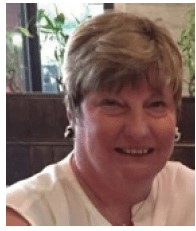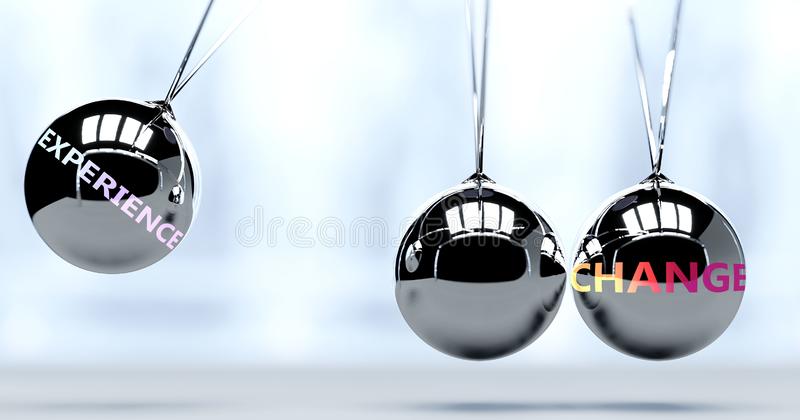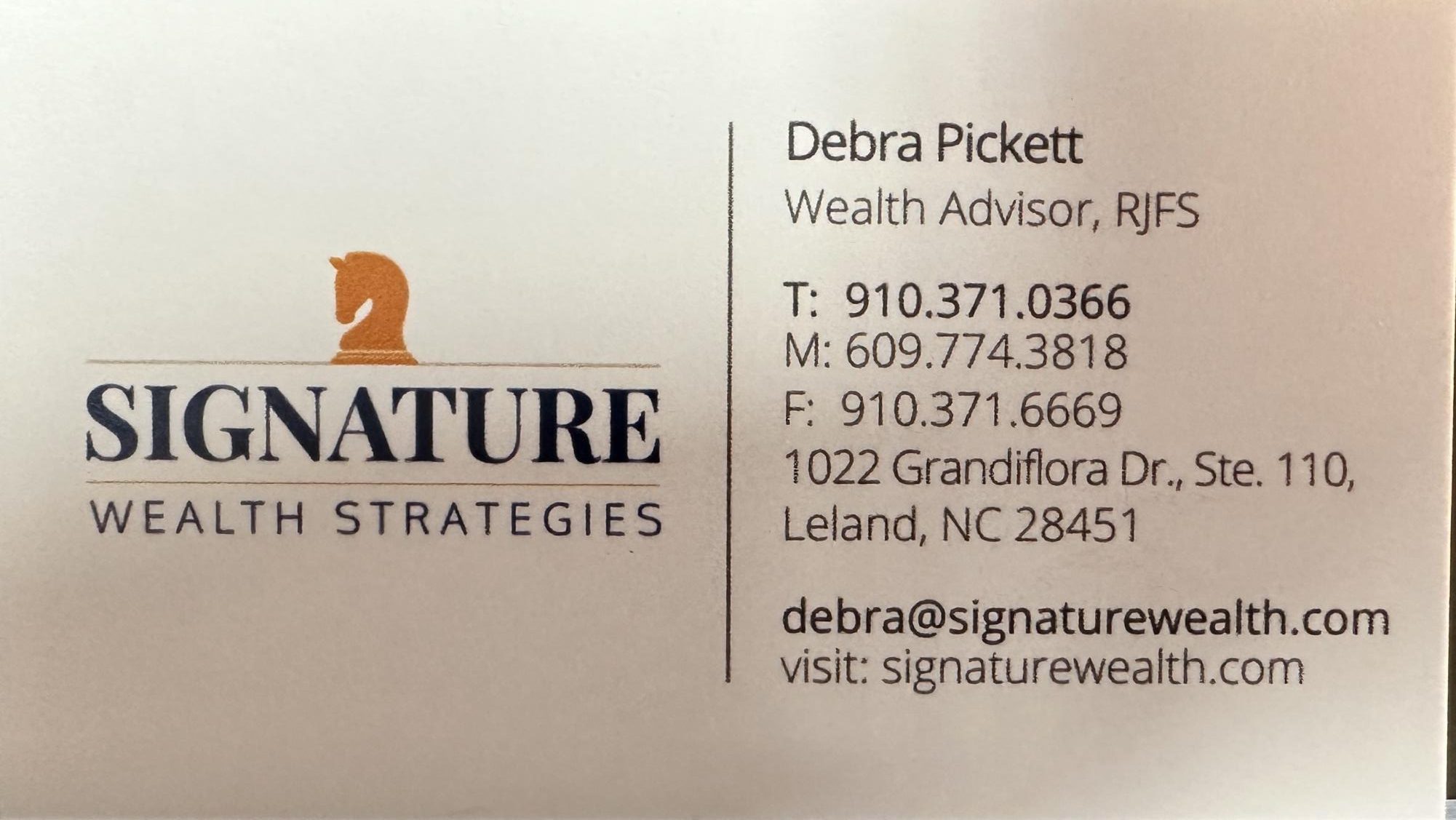I’M STILL WAITING
May 29, 2022

I have granddaughters who are being raised to know and understand that they can do anything. Their futures will be in their own hands. It was not that way when I was growing up. Girls had gender-specific rules and being pretty was high on the list of rules. We didn’t have voices. We didn’t have power.
I grew up in the ’60s and ’70s. It was a time of change. But not for me. Social awareness was bubbling up on multiple fronts and the word of the day was “movement.” We had the Civil Rights Movement, the Anti-War Movement, the Gay Rights Movement, and the Women’s Movement. Each of these was supposed to draw attention to the cause and inspire change.
But I watched from the sidelines and waited for changes. Our home was a traditional one, headed by a World War II vet and a housewife. In our house, the movements were trouble—they were bucking the norm. In our house, the Civil Rights Movement was considered unnecessary, the Anti-War Movement was a slap in the face of our government, the Gay Rights Movement was unspeakable and the only Women’s Movement allowed in our house was my sisters and I going from the dining room to the kitchen and back to clear the dinner table.
During this time, women had roughly six basic career options available to them if they wanted to work outside of the home—bank tellers, nurses, teachers, hair stylists, or secretaries. If you were really adventurous, you could apply to be a stewardess, but you had to be very attractive since men did most of the air traveling.
If you were a secretary, your job was not only to type correspondence and answer phones, you were supposed to be a decoration as well. You had to be attractive, well-groomed, wear make-up–especially lipstick, have a nice smile, make a good cup of coffee and be totally dedicated to the career of your male superior.
Sexual misconduct against women in the office was generally accepted as “boys being boys.” It included, “off-color” remarks, sexual innuendos, and some level of groping, among other things. If a woman complained, she was the one who came under fire for being “too attractive“ or “wearing provocative clothing,” which meant that she was “asking for it.”
I had a male superior call me into his office and tell me that his wife was seven months pregnant. He then proceeded to tell me that until the baby was born, I could not wear the dress I was wearing that day because “it did things to him.” Being the committed support person that I was, I found myself apologizing to him.
But the Women’s Movement was going to change all of that. We were going to have equal pay. We were not going to be sexually exploited in an office environment any longer. We were going to be judged by our abilities and accomplishments, not our appearance. I waited patiently for those changes to happen.
I felt that greater female minds than mine were actively solving these issues. We were making progress in equal pay—small gains, but progress. I waited for those great minds to solve everything. Afterall, women weren’t marching in the streets with signs screaming for equality anymore. Things must be “different” now.
And then, in 2017, the Me-Too Movement began with women speaking out against sexual misconduct in the workplace.
I was angry that in the 50 years I was in the workforce, not much had changed. I was angry that women were still being looked upon as lesser beings in the workplace. And I was even more angry that some men could still get away with “boys being boys.” But I was most angry at myself for not doing more to help change things.
I am still waiting for the changes highlighted by the Women’s Movement. Hopefully, my granddaughters won’t have to wait much longer.




















